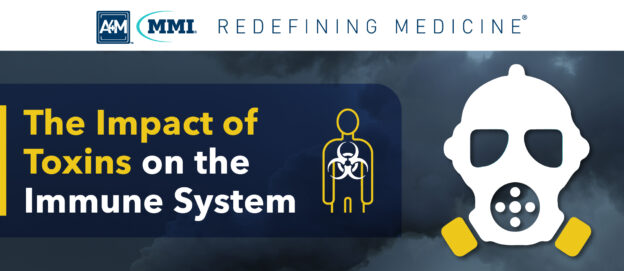The 2022 Medical Education Convergence (MEC) Weekend is a three-day educational experience designed to connect leading minds and influential voices in healthcare. Gathering experts from a range of medical specialties – from psychoneuroimmunology to pediatric nutrition – and game-changing educational programs, this event provides unparalleled learning and networking opportunities.
Taking place at the stunning Terranea Resort in Rancho Palos Verdes, CA, between September 8-10, 2022, MEC Weekend offers more than just professional development. Hosted on a luxurious property offering breathtaking views of the Pacific Ocean, 102 acres of lush grounds, and a suite of amenities, the event venue is a reason to attend in itself.
California is the perfect place to kick off a new academic season with sun-filled days and outdoor activities abound, immersed in the nature of the coast. The event brings together the best of both worlds, a relaxing end-of-summer getaway with cutting-edge educational programming. Featuring the inaugural Pediatric Brain and Resilience Summit, Navigate Aging: Telomere Biology and Longevity Summit, Peptide Therapy Masterclass, and the bestselling Module XVI-A: Advanced Cardiovascular Health – the MEC weekend will be a monumental event.
Read on to discover some innovative programs and topics we are most excited about.



